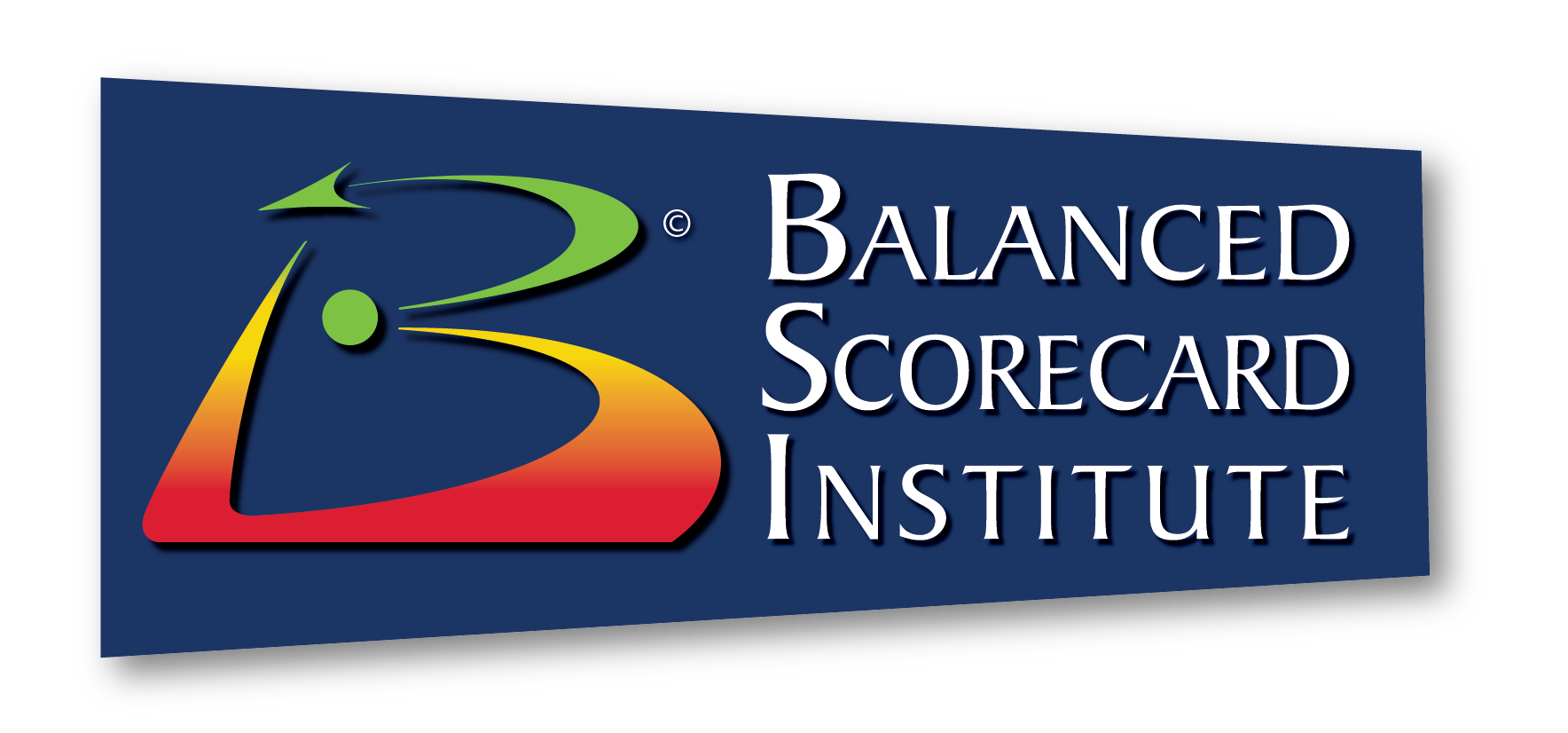
10 Common Mistakes That Young or Inexperienced Project Managers Make – Mistake 10
Refusing to Ask for Help

One of the most common mistakes made by inexperienced project managers is the belief that asking for help will make them seem incompetent in the eyes of their peers and management. Nothing could be further from the truth. Good project managers know their limitations and always see out help at the earliest possible time.
Refusing to seek out help can result in schedule slippages, and cost overruns. If the project manager delays too long in seeking help, the number of options to correct the problem can diminish. Sponsors should encourage project managers to ask for help at the earliest possible time, but not to expect the sponsor to be the dumping ground for all problems that the project manager cannot resolve. Remember the story of the Titanic the “unsinkable” ship. How many more would have survived if the Captain called for help the minute they struck the iceberg?



 The more inexperienced the project manager, the greater the likelihood the project manager will use his/her interpretation of the requirements rather than consulting with the subject matter experts. This can lead to misdirection in the technical approach and expensive changes in the later stages of the project.
The more inexperienced the project manager, the greater the likelihood the project manager will use his/her interpretation of the requirements rather than consulting with the subject matter experts. This can lead to misdirection in the technical approach and expensive changes in the later stages of the project.
 One of the requirements to pass the PMP® exam is an understanding of Cost Management and more specifically, the formulas attributed to earned value measurement. Although there is obviously merit in this, earned value measurement is only part of what stakeholders and sponsors want to hear. It is imperative that, as part of stakeholder management, project managers interview the stakeholders to learn what information they deem as important.
One of the requirements to pass the PMP® exam is an understanding of Cost Management and more specifically, the formulas attributed to earned value measurement. Although there is obviously merit in this, earned value measurement is only part of what stakeholders and sponsors want to hear. It is imperative that, as part of stakeholder management, project managers interview the stakeholders to learn what information they deem as important.
 Most project managers want to placate the customer. However, there are limits as to how far the project manager should go. Gold-plating the deliverables after the scope has been agreed to can be very costly. In addition, the customer might be led to believe that they can get these gold-plated “add-ons” for free on future projects because the new standard had been set. Do not fall into this habit as it will inevitably will come back to haunt you.
Most project managers want to placate the customer. However, there are limits as to how far the project manager should go. Gold-plating the deliverables after the scope has been agreed to can be very costly. In addition, the customer might be led to believe that they can get these gold-plated “add-ons” for free on future projects because the new standard had been set. Do not fall into this habit as it will inevitably will come back to haunt you.
 In the early years of project management, project managers possessed a command of technology. During staffing activities, project managers negotiated for specific resources which were then placed under the technical direction of the PM rather than the functional manager. The functional manager still retained administrative control over the resources. Today, project managers have just an understanding of technology and therefore negotiate with functional managers for deliverables rather than people.
In the early years of project management, project managers possessed a command of technology. During staffing activities, project managers negotiated for specific resources which were then placed under the technical direction of the PM rather than the functional manager. The functional manager still retained administrative control over the resources. Today, project managers have just an understanding of technology and therefore negotiate with functional managers for deliverables rather than people.